Large Scale Social Impact Specialists in Education
Ei Shiksha takes our expertise in assessments, educational research, and technology-based personalized adaptive learning for children in low income government schools. We specialize in systemic capacity building projects, impact assessment studies, and research that aim to bring learning outcome oriented reform in education.
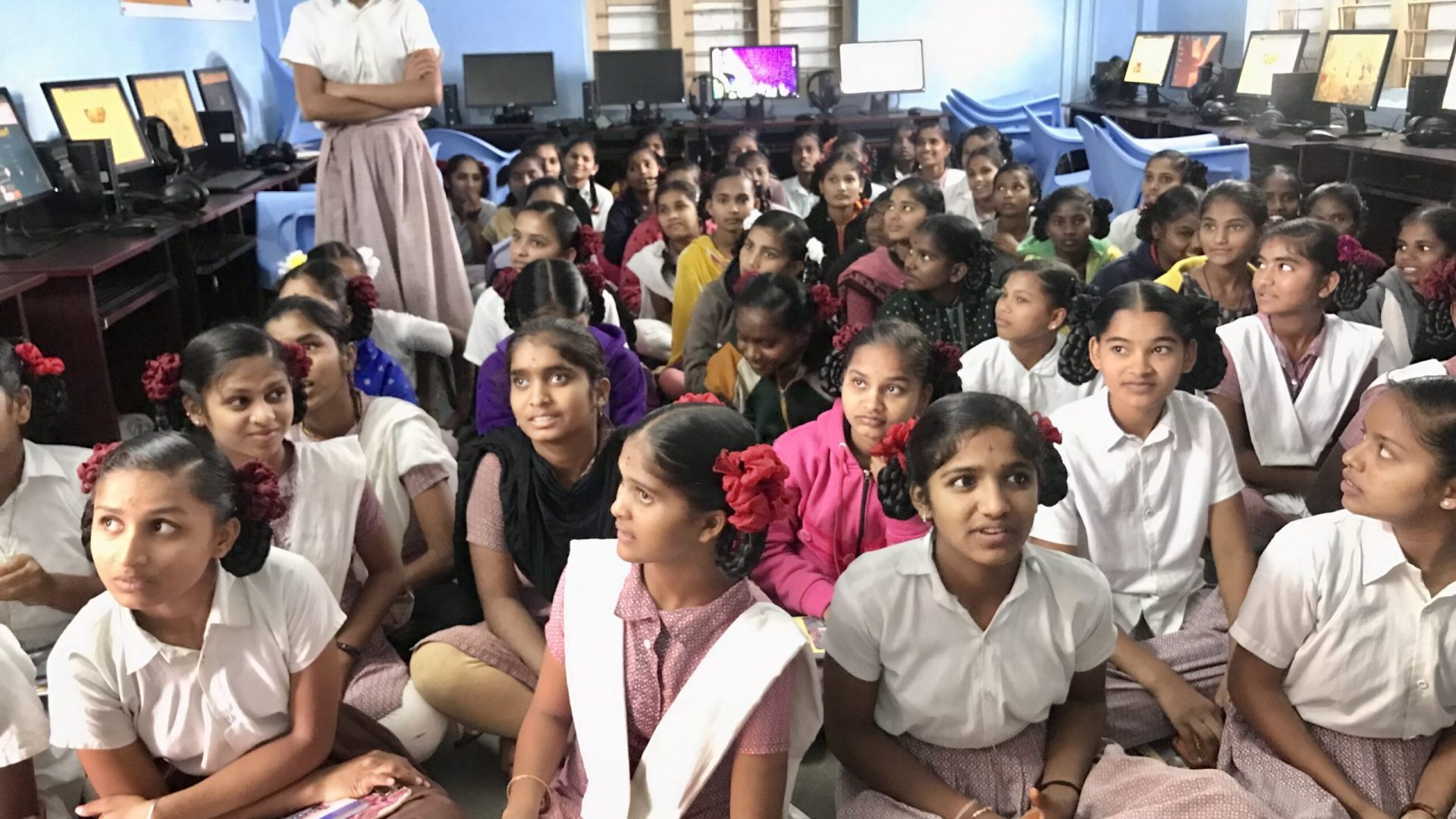
Stories from the forefront
Ei Shiksha has partnered with the Government of Rajasthan to collectively support government school teachers to leverage Ei Mindspark Bhasha to improve students' learning outcomes. This programme is currently reaching 10,000+ students in 70 government schools across the state, with the potential to reach more schools across the country.
Ei Shiksha Projects
Fuelled by the mission to bring impactful change in the education system to create a world where children everywhere learn with understanding, Ei Shiksha has worked on education projects across India, Bhutan, Maldives & Ethiopia in multiple languages with different grades for more than 10 million students.
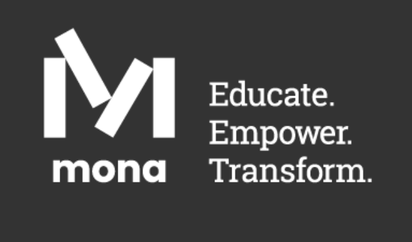
Partnership with Mona Foundation
The Mona Foundation has qualified our Ei-Mindspark initiative as a valuable digital education platform and resource for its partner organizations.
As part of our partnership, we are providing Mindspark to students in three states of India - Maharashtra, Himachal Pradesh and Rajasthan. Additionally, we have also collaborated with the Mona foundation to implement Mindspark in schools in 3 provinces of South Africa - Northern Cape, Mpumalanga and Limpopo.

Partnership with Amazon India
Ei partnered with Amazon India to implement Amazon Wonder Girls Programme aimed to improve learning outcomes and provide high-quality computer science education to 50,000+ girl children in 100 government schools in Telangana state.
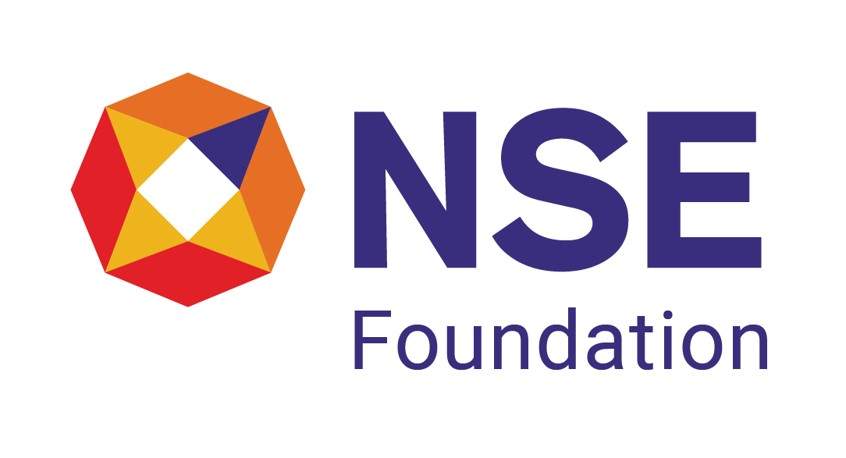
Partnership with National Stock
Exchange Foundation
Ei partnered with National Stock Exchange Foundation to improve learning outcomes of children in 35 government residential schools (Ashram Shalas) through Ei Mindspark programme in tribal district of Nandurbar in Maharashtra
Partnership with PLT
Health Solutions
PLT Health Solutions led by the renowned philanthropist, Paul Flowerman, is an esteemed partner of Ei. PLT is a purpose-driven company at the nexus of cutting-edge health and wellness science, consumer trends and brand deployment. Chairman Emeritus and Executive Director of PLT’s People and Planet Initiative, Paul, works closely with the social impact team at Ei. He is on the advisory board of Ei and is devoted to create impact in student learning outcomes, using Ei Mindspark.
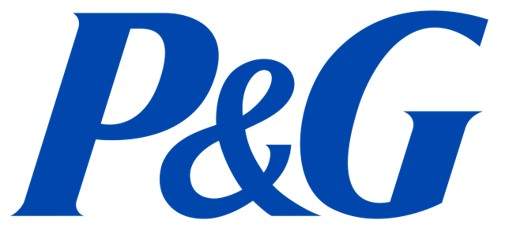
Partnership with Proctor & Gamble
Ei partnered with Proctor & Gamble to improve learning outcomes of 45,000+ children in government schools through Ei Mindspark online in Rajasthan, Madhya Pradesh, Telangana and Uttarakhand.
Our Impact
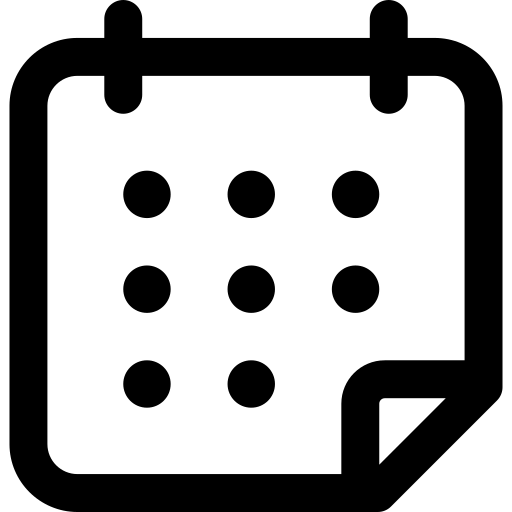







Ei Shiksha - Video Gallery
Testimonial

Paul Flowerman

Economist Karthik Muralidharan

Nobel Laureate, Abhijit V Banerjee
Isra Sarah
Priyanka Gopinath
Ritika Rkalaskar
Vismaya Singal
Ei Shiksha - Gallery
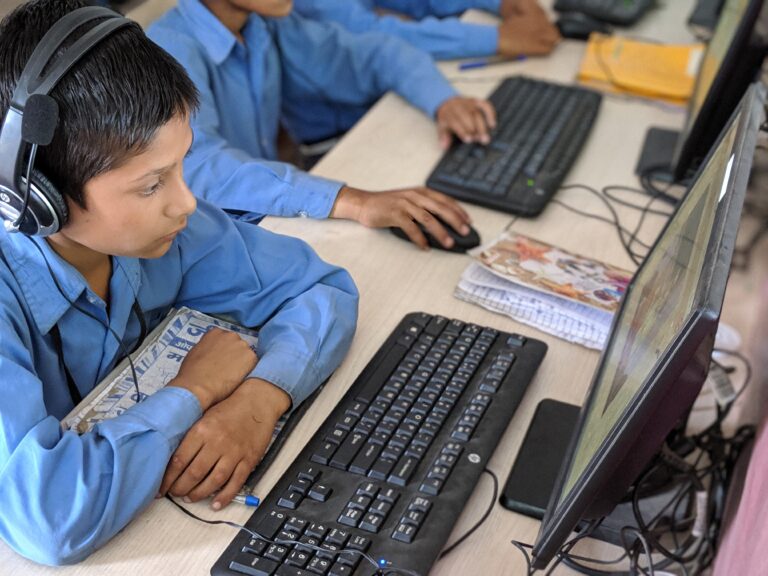
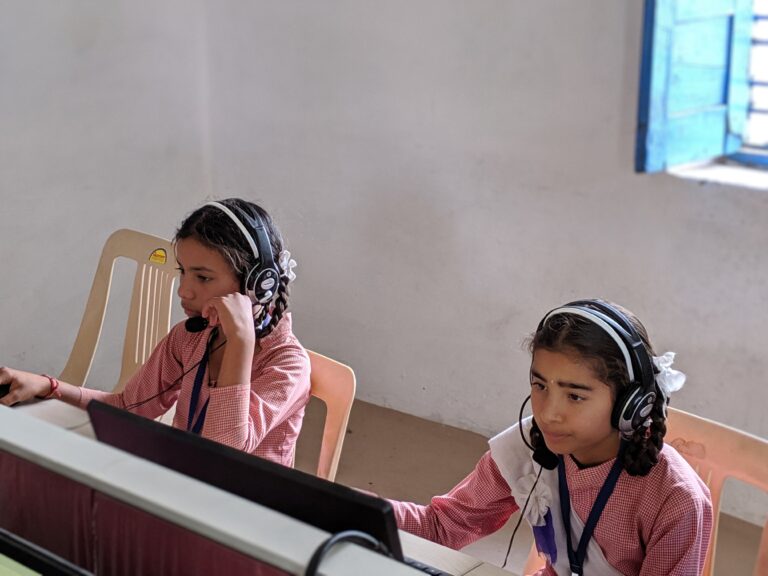
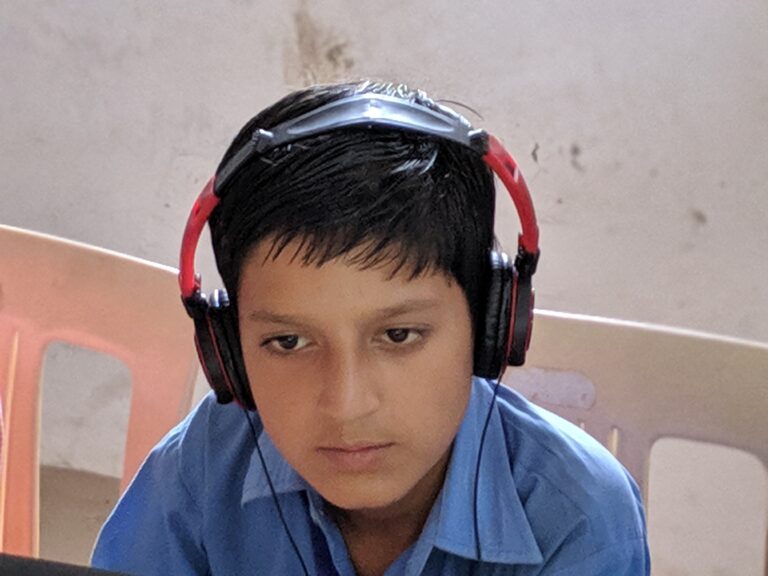
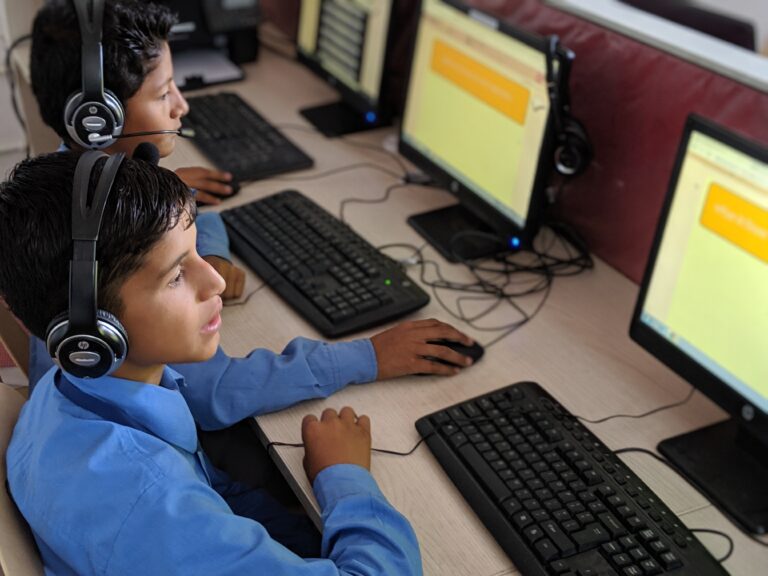
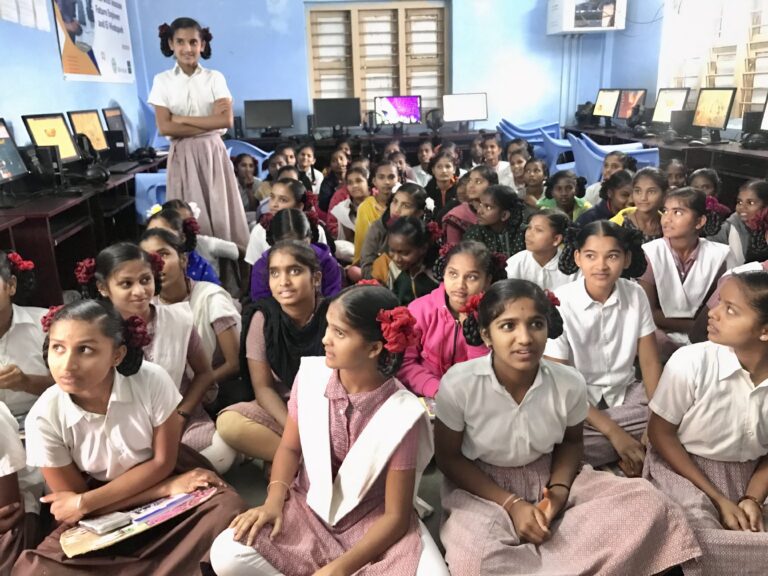
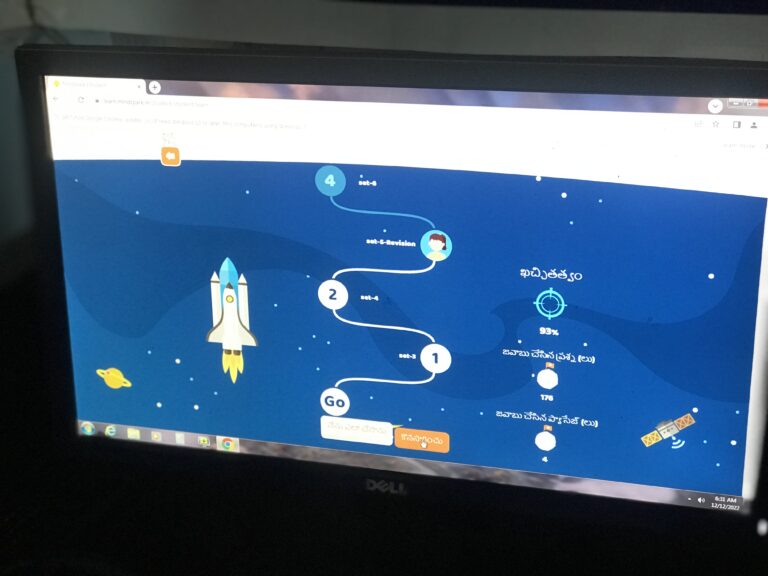
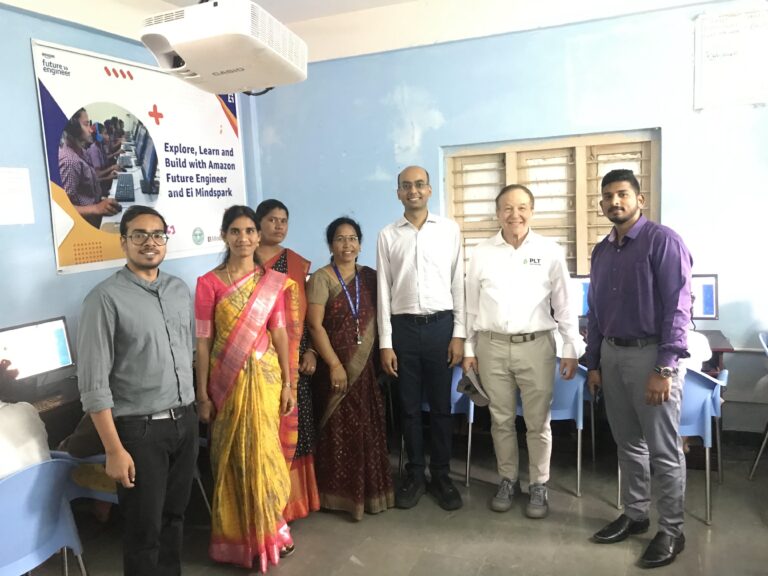
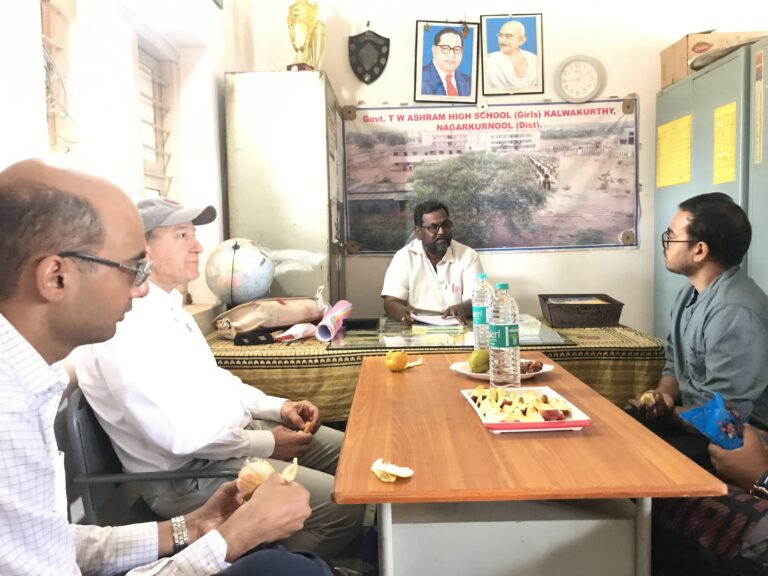
Working Paper Series
It is being increasingly understood and accepted that the quality of learning in the country today is unacceptably poor. The goal, clearly, is to provide quality education and at scale. We present here a solution — Ei Mindspark — which we believe is educationally-rich and technologically-supported. It is a computer-based, adaptive learning solution designed to allow the child to learn at her own pace and to serve, wherever possible, to supplement, not replace classroom learning. This paper summaries two interesting pilot studies conducted to track the learning progress in rural and municipal school students due to engagement with Ei Mindspark.
Read More
National level benchmarking achievement studies, that provide detailed and granular information and insights into how our children are learning, can provide powerful ‘data-driven’ insights into the existing learning gaps — for students to learn better, teachers to teach better, and schools and policy makers to operate more efficiently. This study assessed students in urban local body schools of 30 towns of India with respect to specific skills and competencies that they were expected to have acquired. The assessment data of the study can be filtered state-wise, town-wise, schoolwise, student- wise, gender-wise, skill-wise subject-wise for Language, Maths and EVS and class-wise for classes 2, 4 and 6 here.
Read More
During school closures due to the COVID-19 pandemic, Ei made Mindspark, its Personalised Adaptive Learning software, remotely available for students to use at home. This paper seeks to document this experience, sharing insights that contribute to a holistic understanding of education during COVID-19. Learnings from this process will be relevant to all organisations that attempt to make EdTech available to students at home, especially in capacity-constrained settings.
Read More
This working paper is about the technique of longitudinal evaluation using a Student Progress Tracking System, which is an online system that tracks year-on-year progress of students on scholastic and co-scholastic (co-curricular) skills. SPTS comprises a comprehensive database of students, teachers and schools. The system can help policy makers, school managements and teachers get accurate data for taking timely decisions. Such systems are becoming critical if large scale education systems have to move from providing access to providing quality education. Ei uses this system in our analysis of the Annual Status of Student Learning in Bhutan.
Read More
Educational Initiatives (EI) and READ Alliance, with the help of United States Agency for International Development (USAID) collaborated and conducted a research study across three districts of Rajasthan to create a comprehensive adaptive testing tool (tech — based) to diagnose early grade reading skills for Hindi language. This was done to help teachers identify language learning gaps and provide remediation methods. The full report highlights the test structure, process, creation of the tool, and key insights
Read More
Quality Education Study (QES) aims to find answers to what constitutes ‘Quality Education’. This study has been conceptualized and managed jointly by Wipro and Educational Initiatives (Ei) and the execution was carried out by Ei. QES tries to expand the meaning of ‘quality’ in education to include educational outcomes beyond student performance in subjects and study the attributes of quality learning environments. In a limited sense, this study shares the findings based on the large scale study of the scholastic, co-scholastic and affective outcomes and the different aspects of the learning environments found in India’s ‘top’ schools. These ‘top’ schools in our largest cities arguably represent the best education that is available in the county.ln this working paper, we will discuss only the scholastic aspect of these learning environments.
Read More
Investments in teacher training are not showing clear returns in increased student achievement levels. Teachers in many cases are in need of specific feedback — which will provide them insights on where, what and how to improve their own abilities in order to function with effectiveness. A Teacher Needs Assessment (TNA) that identifies common strengths or weaknesses among teachers, provides feedback to individual teachers, and recommends specific system level interventions for teacher improvement assumes relevance in this scenario. This working paper shares Ei’s experience in designing and carrying out Teacher Needs Assessment in India and Bhutan.
Read More
Student Learning Study is the first comprehensive national study of Indian states that attempts to explain the performances in terms of what students know and are able to do. The results clearly show which concepts or topics are understood only by students performing at higher levels and which topics are understood by other students also. Certain topics are said to ‘anchor’ at certain percentile levels of performance — 90th percentile (advanced), 75th percentile (high), 50th percentile (intermediate), and 25th percentile (low). Insights provided by the Scale Anchoring process can help us understand the way children learn, and plan scientific remediation.
Read More
India’s participation in Programme for International Student Assessment (PISA) for 1 5 year old students in 2009 showed that our brightest ones were nearly I standard deviation behind the best students of the world, while our average students were 0.5 standard deviation behind the world’s weakest students. As a country we need to address the quality of learning effectively and, — fundamental issues needs to be recognised. These issues are — rote learning, lack of data-based evidence, — and the absence of systemic monitoring. Assessments of student learning have now gained prominence for this purpose. But there is a paucity of data on learning outcomes at the secondary level. With these issues in mind, MacArthur Foundation — with its focus on secondary education — commissioned Educational Initiatives to conduct an assessment to benchmark learning levels in secondary schools — grades 9 & 10 in Gujarat, Maharashtra and Rajasthan in 2013-14. The study covered more than 50,000 students across 800 government and Affordable Private Schools (APS).
Read More
Case studies

Ei Dialogues
As a step towards building the conversation on education for social impact, we have launched a video series where we intend to meet education leaders and understand their efforts, theory of change, perspectives and insights from working in the sector. The series aims to initiate dialogue, confront blind spots, and stimulate different ways of thinking, knowing, and working on education in India.










